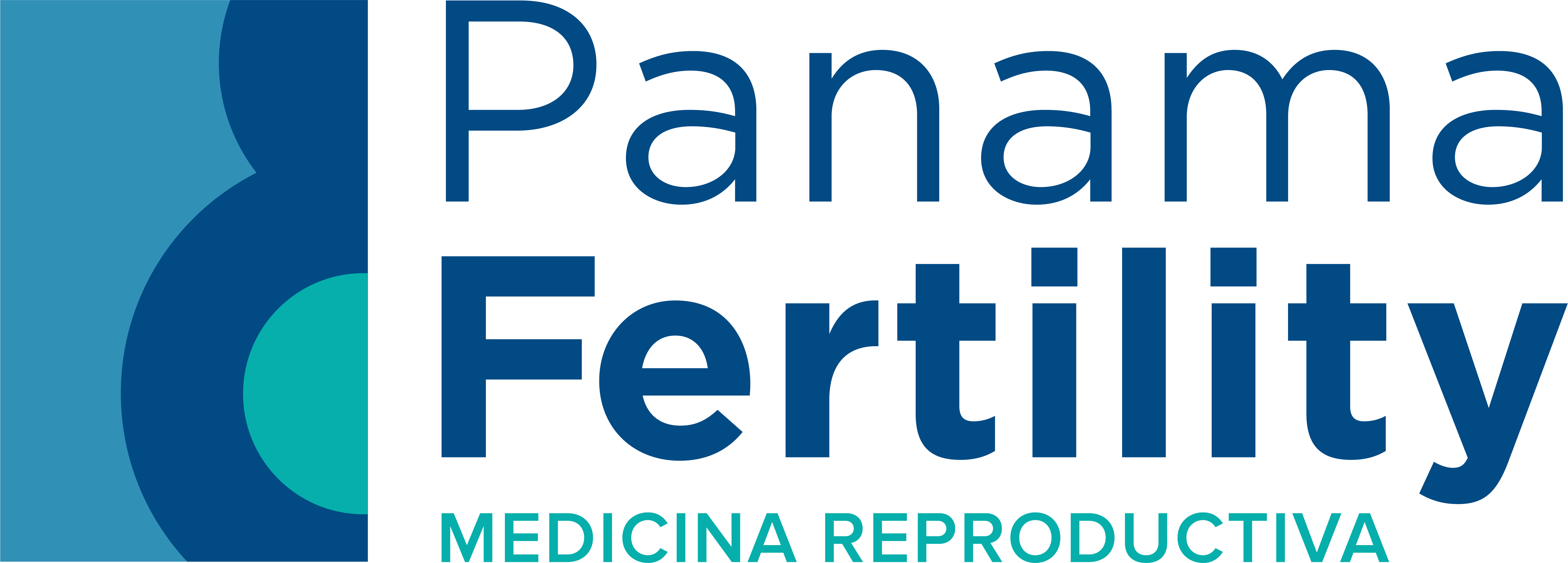Female Factor Infertility
From the onset of puberty, women are educated on how to prevent pregnancy. However, the education system is seriously lacking in teaching women how to understand their bodies and realise when there is a problem. These female problems can have a serious impact on the ability to conceive later on in life.
Firstly, females are born with all of their eggs, usually about 2 million. This supply is never replenished, we do not have the ability to make more eggs. As we age, so do those eggs therefore it is important to accept the biological clock is real. Maternal age plays a big part in female factor infertility.
Achieving a pregnancy is actually quite difficult and a lot of factors come in to play, these include:
+ Working ovaries that are producing an egg regularly
+ Open fallopian tubes
+ A capable cervix
+ A uterus that can sustain a pregnancy.
+ Working ovaries that are producing an egg regularly
+ Open fallopian tubes
+ A capable cervix
+ A uterus that can sustain a pregnancy.
Ovulation
Firstly, the 28-day cycle is actually quite rare. Each woman is unique and so is her monthly cycle. When you are trying to conceive, the key is knowing when you ovulate. This is your window of opportunity for intercourse. There are a number of ways to monitor ovulation, these include:
+ Calendar method
If you have a regular cycle that is the same length every month, then you can use the calendar method. You count day one of your cycle on the first day of your period, you will ovulate in the middle of your cycle. So, for example, if you have a regular 32-day cycle, ovulation should occur on day 16. If you have a shorter cycle of 20 days, then ovulation would occur on day 10. However, if you have tried to conceive for 12 months without achieving a pregnancy then you must consult your physician to found out why you are not conceiving naturally.
+ Ovulation testing kits
There are a number of test kits available to buy online for home use or over the counter from your local drug store. These help to give you a more precise indication of when you are ovulating.
Firstly, the most common method is to use urine strip tests. They measure the amount of luteinising hormone in your urine and are about 90% accuracy. Another method is to try saliva microscopes. As you approach ovulation, estrogen levels increase and this increases the amount of salt in your saliva. This method isn’t to be relied upon though as other factors can increase the salt in your saliva.
Some women combine the above methods with checking for changes in their cervical mucus to determine when ovulation may occur. Another more reliable method to indicate ovulation is by taking your core body temperature. During ovulation the hormone progesterone is released. This causes a slight increase in temperature of about half a degree. For the most accurate body temperature reading you can use a vaginal device that takes your temperature at night when you are asleep.
Firstly, the most common method is to use urine strip tests. They measure the amount of luteinising hormone in your urine and are about 90% accuracy. Another method is to try saliva microscopes. As you approach ovulation, estrogen levels increase and this increases the amount of salt in your saliva. This method isn’t to be relied upon though as other factors can increase the salt in your saliva.
Some women combine the above methods with checking for changes in their cervical mucus to determine when ovulation may occur. Another more reliable method to indicate ovulation is by taking your core body temperature. During ovulation the hormone progesterone is released. This causes a slight increase in temperature of about half a degree. For the most accurate body temperature reading you can use a vaginal device that takes your temperature at night when you are asleep.
+ Maternal age
After the age of 35, there is a marked decrease in ovulation as your body clings on to its depleting egg reserve. Ovulation may only occur every two to three months instead of monthly. Once over the age of 40, the quantity and quality of eggs declines and so does the risk of miscarriage and chromosome abnormalities. Depending on your ovarian reserve, your Fertility Specialist may ask you to consider the use of donor eggs.
Also, older women may have further complications with fibroids and cysts as they age.
Also, older women may have further complications with fibroids and cysts as they age.
Capable Ovaries
The ovaries are responsible for maturing eggs and releasing them once in your cycle to be fertilized, if the ovaries aren’t releasing an egg then this is called anovulation. The most common cause for this is Polycystic Ovarian Syndrome (PCOS). Please read the full article on PCOS for treatment information.
Capable Falopian Tubes
The fallopian tubes must be open in order for an egg to travel down and meet a sperm for fertilization. If the delicate tubes are blocked or damaged after being tied, from pelvic inflammatory disease or an ectopic pregnancy, then IVF is the best option to bypass the tubes completely.
Capable Cervix
The cervix is the opening to the uterus or womb. The mucus in this canal changes when you are ovulating to allow the sperm to pass through and meet the egg. If the cervix is blocked because the passage has narrowed or from previous surgery this will prevent you from natural conception.
Capable Uterus
In order to carry a baby to term, the uterine lining tissue needs to thicken to allow a fertilized egg to implant. If there are fibroids present, they can attach to the uterine wall and impact the space available for a baby. Other conditions like Endometriosis can also impact the capability of the uterus. Please read the full article on Endometriosis for treatment information.
There are a number of other factors that can impact your ability to conceive naturally. When you schedule your first telephone consultation with our IVF Coordinator, we will take a detailed medical history from you that will include other medical conditions, your weight and your lifestyle. All of these elements are important considerations in planning your individualised treatment plan. We also make the same assessments for your male partner to ensure nothing is overlooked when trying to create your family.





